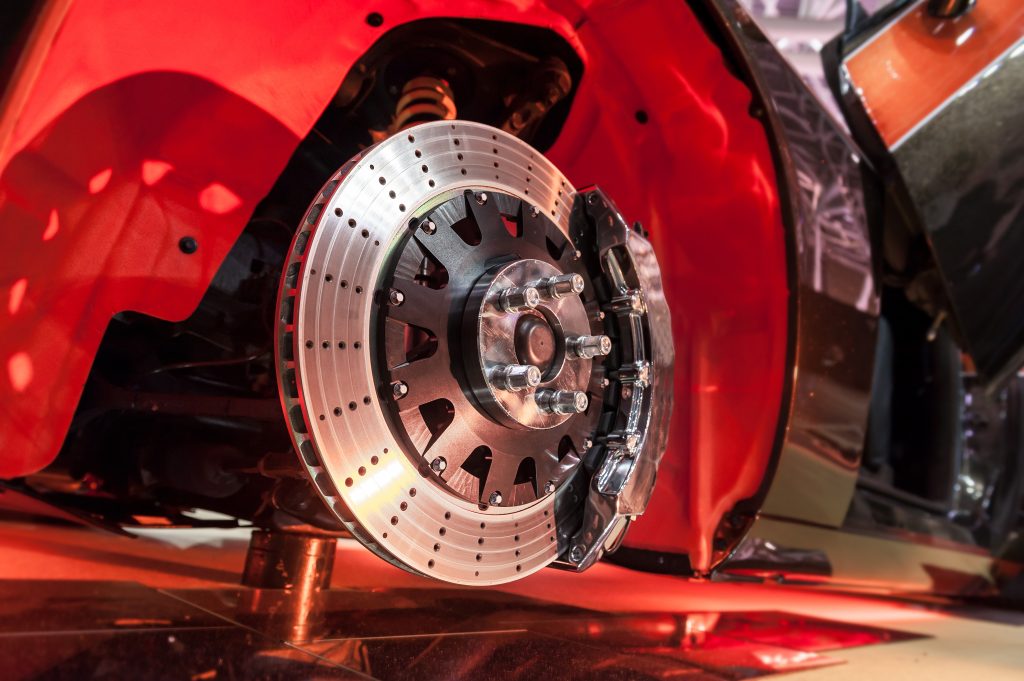
Whether your car uses disc brakes, drum brakes, or both, you need to look after them well. While driving, your brakes are your number one safety feature and you never want them to lose proper function. The following are five common symptoms of a developing brake problem. If you notice any of them, visit our local CDJR dealership for brake repair before the situation gets worse.
You Feel Rhythmic Pulsations
When either a rotor disc or a drum brake becomes damaged, you’ll often feel a thumping pulsation through the brake pedal. In the case of rotors, the disc can become scored by a worn-down brake pad, a warped and misshapen rotor due to overheating, or a rotor coated with melted resin from an overheated brake pad. In some cases, you’ll be able to resurface the rotor to salvage it, but most often, you’ll need a new one.
In the case of drum brakes, damage can be caused by overheating, a hard knock, or a slight misalignment. The drum may no longer be balanced correctly, or it might have changed slightly from its perfectly circular shape. As a result, the brake shoe will be bumping against the drum intermittently. A faulty drum brake will usually need to be replaced.
Your Brake Pedal Is Low
If you have drum brakes and the brake pedal feels strangely low under your foot, there’s probably excessive clearance between at least one drum and its brake shoe. You’ll need to have the clearance adjusted. Another possible cause of a low pedal is a malfunctioning master cylinder or a brake fluid leak.
Your Braking Feels Spongy
In the case of a leak, your brake pedal will also feel spongy when you press down on it. Your car will take longer to stop, and if the leak is severe, you might even experience brake failure. Brake fluid is yellow in color, so if you suspect a leak, search your hoses and undercarriage for signs of a leaking yellow fluid.
Refresh Brake Fluid at Your CDJR Dealer
Brake fluid also loses hydraulic function as it ages. For this reason, it’s generally recommended to have your brake fluid changed every two years. But if you usually drive in conditions that require continual braking, you might need to have your fluid changed once a year.
You Hear Squeaking
Most drivers will be familiar with a squeaking sound when they brake. This happens when a brake pad is on its last legs: the friction layer is gone. Most drivers need to replace their brake pads every 30,000 or so. But if you use your brakes less frequently, brake pads can last up to 70,000 miles.
You Hear Scraping
A harsh scraping or grinding sound when you brake is never a good sign. With rotor disc brakes, this often means a worn-out brake pad is scraping metal directly onto the rotor. With drum brakes, this scraping noise also means that the friction layer is worn away, and the metal of the brake shoe is scraping directly onto the drum.
Have your brakes repaired today at Randy Marion Chrysler Dodge Jeep Ram. We have a helpful, highly qualified team in Wilkesboro, NC ready to guide you through our extensive inventory of vehicles.








